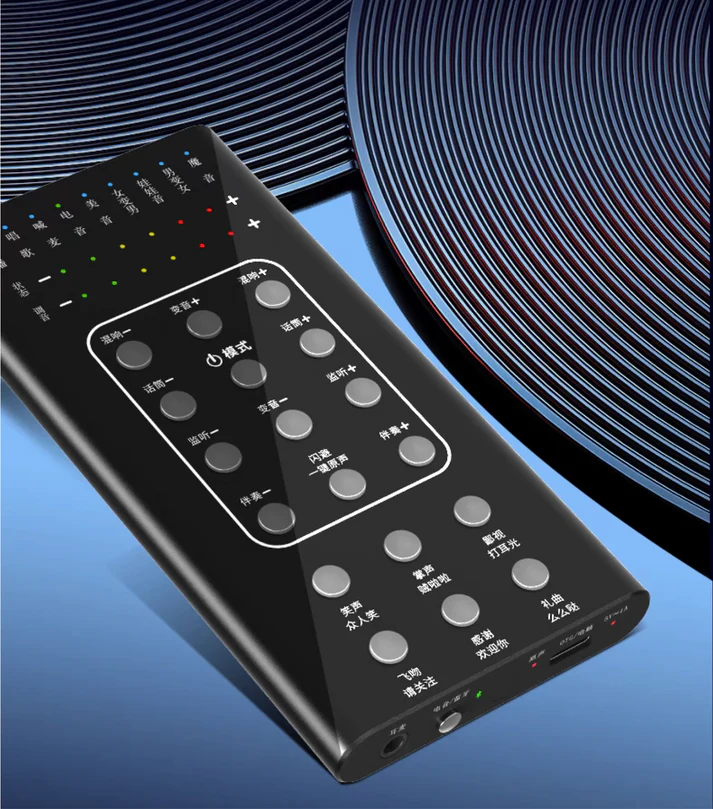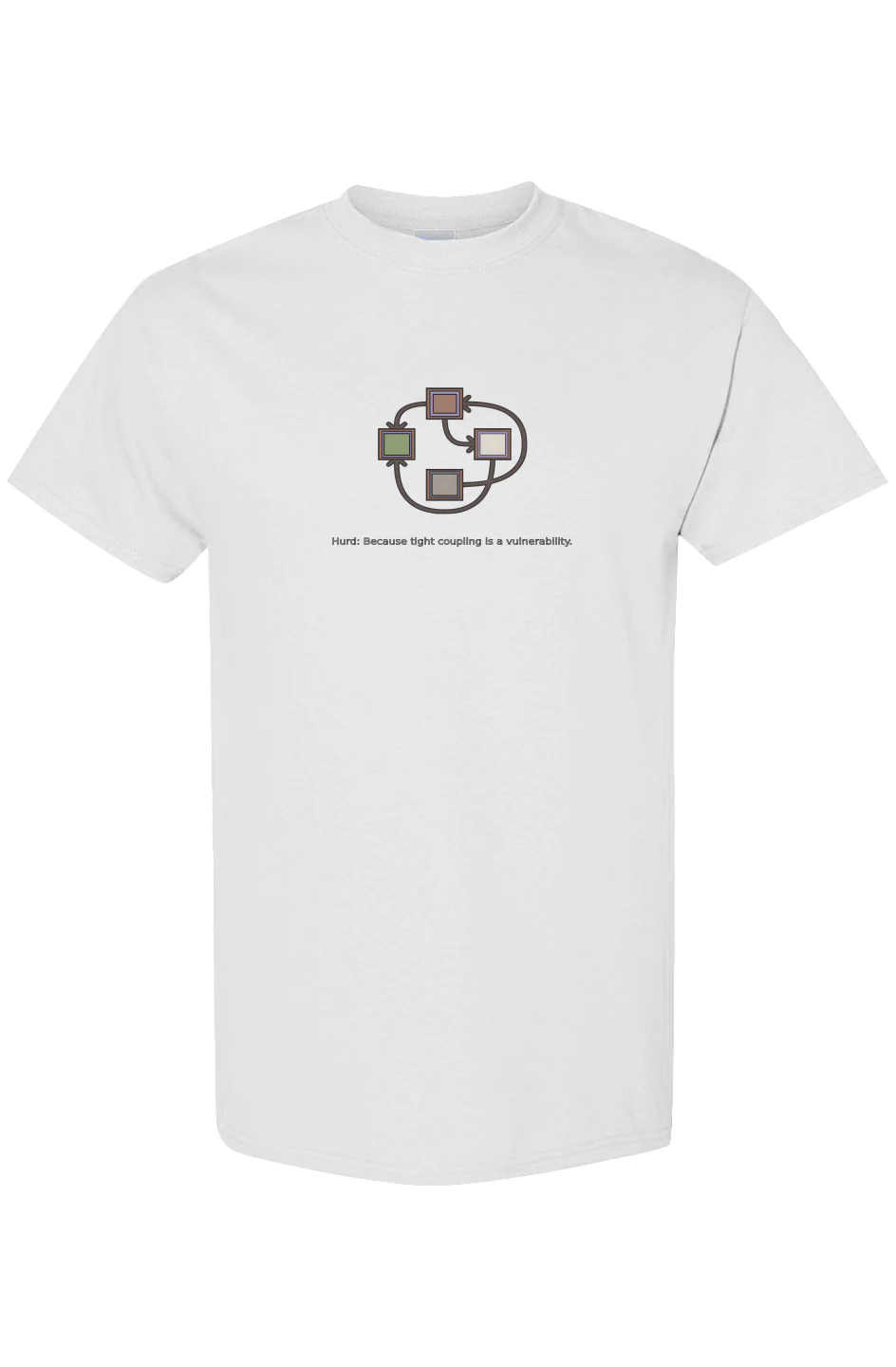Most people think “crypto” means blockchain. Big public ledgers like Bitcoin and Ethereum where every transaction is stamped into eternity. But blockchains were never designed for privacy. They're loud by default. Transparent by design. Every payment is a broadcast. Every balance, a public file.
That might be fine in clean systems. But in cyberpunk economics — messy, low-trust, and full of watchers — broadcasting your entire financial life is not just unnecessary. It’s dangerous.
True cyberpunk tools are quiet.
A Simple Way to Think About It
- Bitcoin/Ethereum: your payment is written on a chalkboard that anyone can read — forever.
- Monero: your payment is written in invisible ink. Only the recipient can see it.
- GNU Taler: your payment is passed in a sealed envelope. The seller gets paid, but can’t follow you home.
That’s it.
Monero: Quiet by Default
Monero is a cryptocurrency that erases your trail.
You can send, receive, and spend — but no one outside the transaction can tell what happened. Not even the full node that helped broadcast it. It uses math to prove everything adds up, while hiding who’s involved and how much was moved.
There’s no KYC. No user IDs. No “opt-in” privacy. You don’t ask permission to be anonymous — you are, by default.
It doesn’t aim for mainstream adoption. It doesn’t want to “build a better bank.” It just works. Quietly. For people who need it.
GNU Taler: Cash With Receipts
Then there’s GNU Taler. It isn’t a cryptocurrency. It doesn’t need blockchain. It’s a payment protocol that uses cryptography to keep buyers private and sellers accountable.
You pay from your regular bank account, but the merchant can’t trace you. The bank knows the payment happened, so taxes and legal requirements are met. But your personal data stays in your pocket.
Until recently, Taler was mostly a theory. An academic tool for privacy nerds and digital rights activists. But now it’s going live.
In July 2025, GNU Taler was approved for public operations in Switzerland.
That matters. Switzerland doesn’t approve reckless tech. This is digital cash, with real-world legal acceptance, inside one of the most privacy-aware banking cultures on earth.
Taler isn’t here to moon. It’s not a token. There’s nothing to stake, nothing to buy. It’s not trying to build Web3. It’s trying to fix payments, using cryptography where it counts.
Not Every Problem Needs a Blockchain
Blockchains are useful when you need global consensus. But most real payments are local. They need speed, privacy, and deniability — not consensus.
In fact, public ledgers are a liability in surveillance-heavy systems. The more transparent your money, the easier it is to profile you, blacklist you, or control your behavior.
That’s why Monero and Taler matter. They don’t run on hype. They don’t need influencers. They don’t turn money into a product. They just let people transact safely — either underground, or legally, depending on the use case.
Real Crypto == Real Privacy
Cryptography existed long before blockchain. It’s a toolkit, not a movement. And the best tools don’t always shout. Some just work.
Monero and GNU Taler prove that we don’t need giant global ledgers to build better economics. Sometimes, the quiet tools are the ones that actually protect people.
So no — crypto doesn’t need blockchain. Not always.
Sometimes it just needs to work, and forget.




